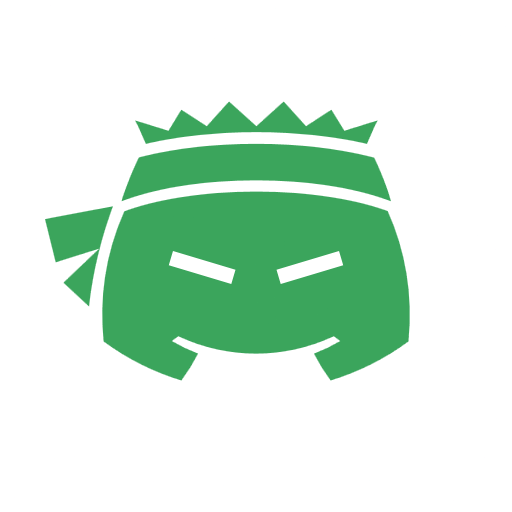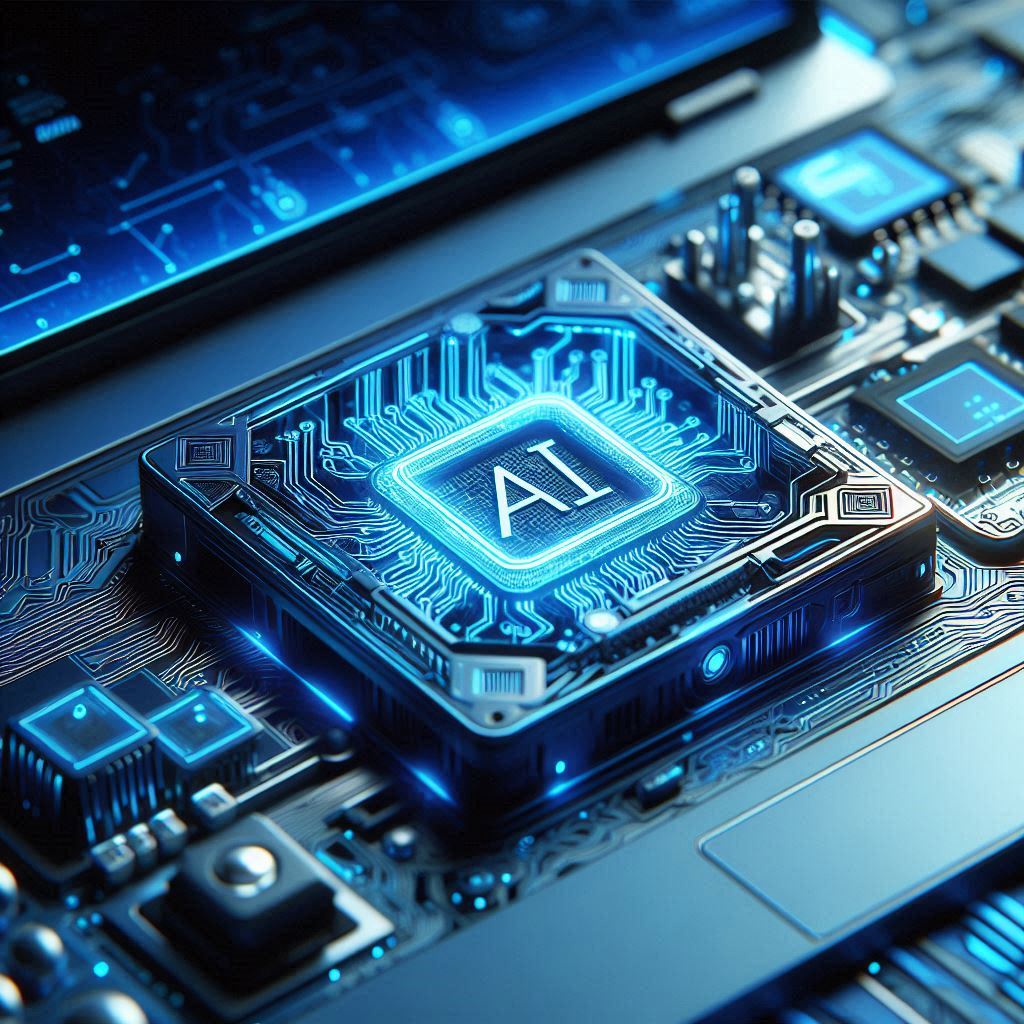🤖 Beginner’s Guide to Programming: Should You Use AI?
 Da4ndo
Da4ndoTable of contents
- 🌟 Introduction
- 🤔 Understanding Programming
- 💼 Why Learn Programming?
- 🚀 Choosing Your First Programming Language
- 🛠️ Setting Up Your Development Environment
- 🧠 Basic Concepts in Programming
- 👨💻 Getting Started with Coding
- 🤖 The Role of AI in Programming
- 👍 Benefits of Using AI in Programming
- 👎 Drawbacks of Using AI in Programming
- 📚 Learning to Code Without AI
- 🔄 Blending AI and Traditional Learning
- 🗂️ Resources for Learning Programming
- 💼 Building a Portfolio
- 🎓 Conclusion
- 🚀 Happy coding!
- Follow and Subscribe:

As a seasoned full-stack developer with 8 years of experience, I've witnessed firsthand the evolution of programming and the rise of AI in our field. In this blog post, I'll share my insights on how to begin your programming journey and explore the role of AI in modern software development.
🌟 Introduction
In today's digital age, programming has become an essential skill across various industries. The ability to code opens up a world of opportunities, from building innovative applications to solving complex problems. With the recent advancements in artificial intelligence, aspiring programmers now face an interesting dilemma: should they rely on AI tools to accelerate their learning, or stick to traditional methods?
🤔 Understanding Programming
What is Programming?
Programming, at its core, is the process of giving instructions to a computer to perform specific tasks. It's like learning a new language - one that allows you to communicate with machines.
Different Programming Languages
Just as there are numerous human languages, there are many programming languages, each with its own syntax and use cases. Some popular ones include:
- Python
- TypeScript
- Rust
- C++
- Ruby
Common Misconceptions
Many beginners think programming is all about complex mathematics or that you need to be a genius to code. In my experience, these are myths. Programming is more about logical thinking and problem-solving than advanced math.
💼 Why Learn Programming?
- Career Opportunities: The tech industry is booming, with a high demand for skilled programmers across various sectors.
- Problem-Solving Skills: Programming enhances your ability to break down complex problems into manageable parts.
- Flexibility and Creativity: Coding allows you to bring your ideas to life and create solutions tailored to specific needs.
🚀 Choosing Your First Programming Language
Selecting your first programming language can be overwhelming. Here are some factors to consider:
- Your goals (web development, data science, mobile apps, etc.)
- Job market demand
- Learning curve
For beginners, I often recommend:
- Python: Known for its readability and versatility
- JavaScript: Essential for web development
- Ruby: Great for beginners due to its intuitive syntax
It's crucial to understand that your programming journey is continuous.
💡 Remember: Your first language is just the beginning. Your skillset will grow with your experience.
🛠️ Setting Up Your Development Environment
To start coding, you'll need:
- A computer (any modern PC or Mac will do)
- A text editor or Integrated Development Environment (IDE)
- The necessary software for your chosen programming language
In my experience, Cursor is my favorite IDE, followed by Visual Studio Code. I started with PyCharm, but Cursor is now my go-to. These modern IDEs offer AI-assisted code completion, intelligent debugging, and customizable interfaces that boost productivity and code quality.
💡 Tip: First take some time to customize your customize your IDE's color scheme, shortcuts, and extensions. This enhances your coding experience and efficiency.
🚀 Bonus: I offer a VSCode (Cursor compatible) profile with optimized settings, sleek designs, and useful tools. Download it here to jumpstart your coding environment!
🧠 Basic Concepts in Programming
Every programmer should understand these fundamental concepts:
- Syntax and Semantics: The rules of writing code in a specific language.
- Variables and Data Types: How to store and manipulate different kinds of information.
- Control Structures: Using loops and conditionals to control the flow of your program.
🎥 Video: Control Structures in Programming
👨💻 Getting Started with Coding
- Write your first "Hello, World!" program
- Explore online resources like freeCodeCamp or Codecademy
- Start small projects to apply what you've learned
🤖 The Role of AI in Programming
AI is revolutionizing the way we code. Tools like GitHub Copilot and ChatGPT can:
- Suggest code completions
- Help debug errors
- Generate boilerplate code
👍 Benefits of Using AI in Programming
- Increased Efficiency: AI can speed up coding by automating repetitive tasks
- Error Detection: AI tools can spot potential bugs early in the development process
- Learning Aid: AI can explain complex concepts and provide coding examples
👎 Drawbacks of Using AI in Programming
- Over-reliance: Beginners might become too dependent on AI suggestions
- Lack of Deep Understanding: AI might provide solutions without explaining the underlying principles
- Potential for Incorrect Code: AI-generated code isn't always perfect and may introduce errors
📚 Learning to Code Without AI
Traditional learning methods still have their place:
- Reading programming books and documentation
- Solving coding challenges manually
- Collaborating with other developers on projects
These methods help build a strong foundation and develop problem-solving skills.
🔄 Blending AI and Traditional Learning
In my opinion, the best approach is to combine AI tools with traditional learning methods:
- Use AI for inspiration and to learn new concepts
- Practice coding manually to reinforce your understanding
- Verify and understand AI-generated code before using it
💡 Personal Tip: When using AI tools, try to predict what the AI will suggest before you see its output. This exercise will help you understand patterns in coding and improve your problem-solving skills.
🗂️ Resources for Learning Programming
Here are some resources I recommend:
- Online platforms: Codecademy, W3Schools
- Coding challenge websites: LeetCode, HackerRank
- Community forums: Stack Overflow, Reddit's r/learnprogramming
💼 Building a Portfolio
As you progress, start building a portfolio to showcase your skills:
- Create a GitHub profile to host your projects
- Contribute to open-source projects
- Build personal projects that solve real-world problems
🎓 Conclusion
Starting your programming journey can be both exciting and challenging. While AI tools can be incredibly helpful, it's crucial to develop a strong foundation through traditional learning methods. By finding the right balance between AI assistance and manual coding, you can become a skilled and adaptable programmer ready for the ever-evolving tech landscape.
Remember, the key to success in programming is consistent practice and a willingness to learn. Whether you choose to use AI or not, the most important thing is to start coding and never stop exploring.
Key Takeaways:
- 🧠 Focus on understanding core programming concepts
- 🤖 Use AI as a tool, not a crutch
- 🔄 Blend traditional learning with AI-assisted coding
- 🚀 Never stop learning and exploring new technologies
🚀 Happy coding!
Feel free to leave your comments or questions below. If you found this project helpful, please share it with your peers and follow me for more web development tutorials. Happy coding!
Follow and Subscribe:
- Website: da4ndo.com
- Email: contact@da4ndo.com
Subscribe to my newsletter
Read articles from Da4ndo directly inside your inbox. Subscribe to the newsletter, and don't miss out.
Written by

Da4ndo
Da4ndo
👋 Hi, I’m Da4ndo, a passionate and experienced Full-Stack Developer with a strong affinity for Back-End development. With fluency in both Hungarian and English, I bring a diverse set of skills and a wealth of experience to every project I undertake. Over the years, I have collaborated with many talented individuals on various projects, gaining invaluable experience and honing my technical skills. My expertise spans across multiple programming languages and frameworks, enabling me to build robust and scalable solutions. I'm always on the lookout for like-minded programmer co-workers to join me in creating innovative and impactful software solutions. If you're passionate about coding and eager to work in a dynamic and collaborative environment, let's connect and create something amazing together! Visit da4ndo.com to learn more about my work and get in touch.